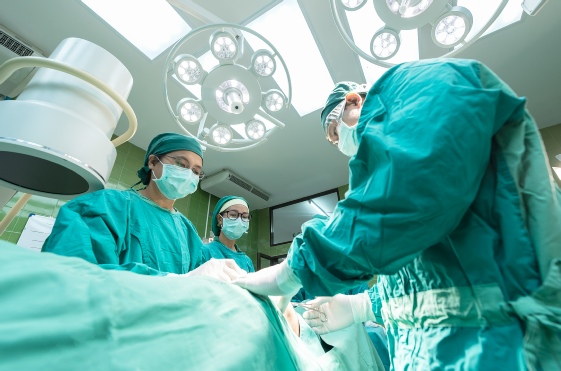
Mr Russell Hodgson

Copyright © 2017 Mr Russell Hodgson HPB and General Surgeon, Melbourne, Australia
Appointments/Enquiries: 9456 9511
Specialist HPB and General Surgeon

The pancreas is an organ with 2 major functions. It is mostly comprised of acinar cells that create enzymes and fluid to help digest food (exocrine function), and has small clusters of islet cells that produces a variety of hormones (endocrine function), the most common of which are the hormones that regulate sugar in our bloodstream: insulin and glucagon. The most common cancer of the pancreas arises from the acinar cells (adenocarcinoma). Tumours that arise from the islet cells are called Neuroendocrine Tumours and are described here. Cystic tumours of the pancreas are rare forms of pancreatic cancer and are described here.
Pancreas cancer is increasing throughout the world, although the reason for this is largely unknown. There have been many risk factors for pancreas cancer that have been suggested, including alcohol and previous inflammation of the pancreas (pancreatitis), however the only definite major risk factor is smoking. Unfortunately pancreas cancer is a leading cause of cancer death in Australia. The major reason for this is that symptoms often develop late, once the cancer has started to spread outside of the pancreas.
As medical imaging improves, and it is more common to have scans done for other reasons, some pancreas cancers are being detected earlier and may be amenable to surgical treatment. If the tumour is located close to the bile duct, then compression on this duct can cause jaundice. The pancreas is located in a delicate position in the abdomen, squeezed in between the stomach, liver, bowel and major blood vessels. Usually several investigations are required to confirm that surgery is possible, as some of the structures mentioned are critical to survive and cannot be removed if involved. Pancreas surgery is highly specialised and should only be performed by surgeons trained in the pancreas. Russell spent a year at St James’s University Hospital in Leeds, which is one of the biggest dedicated pancreas units in the UK, and has developed skills and experience required to perform pancreatic surgery.
The choice of treatment, and of operation should be tailored to each individual patient. Some pancreas cancers can be treated with keyhole operations (laparoscopic), whereas others may require an open operation or stenting. Russell likes to take time to discuss the treatment options, particularly if surgery is involved, as there is a lot of information to digest. He also regularly discusses patient cases with other HPB surgeons and often involves them in surgery as well.






